The Chair in Science and Society of the Rafael del Pino Foundation prepares the report Ten technologies to boost Spain. Under the supervision of Professor Javier García Martínez, the Chair's team drafts an annual document that identifies the ten emerging technologies that offer a competitive advantage to the Spanish economy and society.
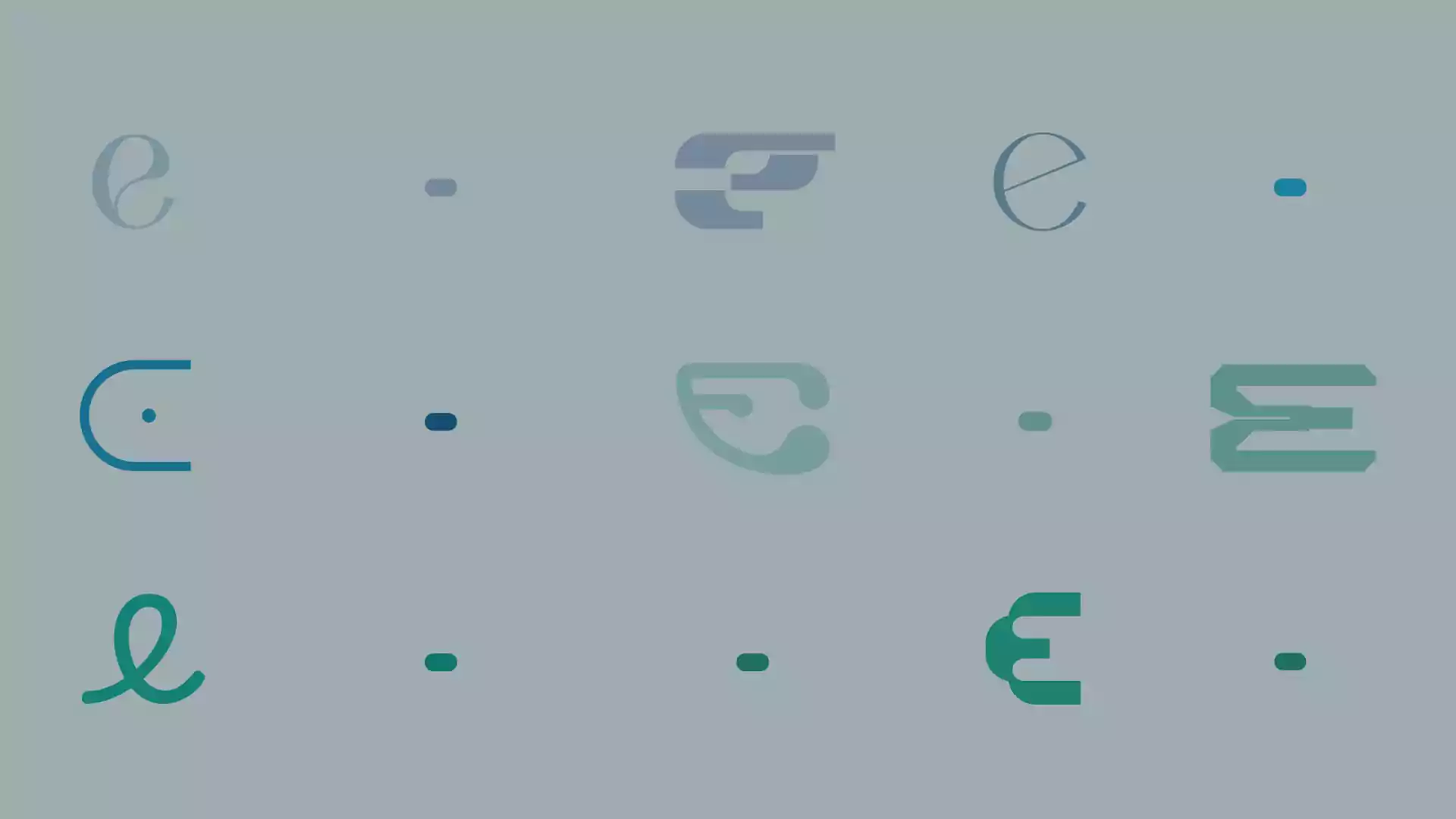
The report Ten technologies to boost Spainis an analysis and foresight work led by the Rafael del Pino Foundation professor Javier García Martínez. The team that produces it is made up of Fernando Gomollón Bell y Eugenio MallolThe journal is also responsible for editorial co-ordination. It is supported by a committee of experts made up of 15 leading figures in science and technology, who contribute their experience and expertise in various fields.
This report on ten technologies to give Spain a competitive edge does not seek to disseminate the latest and most striking innovations in the field of research, but rather to recognise those science and technology-based initiatives that are in the process of being incorporated into economic activity, by connecting their innovative nature with a high degree of maturity in their development and application.
They are currently members of the Committee of Experts:
María José Alonso Fernández. Editor-in-Chief of the journal Drug Delivery and Translational Research (DDTR). Former President of the Controlled Release Society (CRS). Principal Investigator, CIMUS Research Institute, University of Santiago de Compostela (USC). Professor of Pharmacy and Pharmaceutical Technology at the USC.
Pablo Artal Soriano. Doctor in Physics and Professor of Optics at the University of Murcia. Founder of the technology-based company Voptica. Chairman of the Physics panel at the State Research Agency. National Research Award 2018
María Blasco Marhuenda. PhD in Biochemistry and Molecular Biology. Director of the Spanish National Cancer Research Centre (CNIO). National Research Award 2010.
Lina Gálvez Muñoz. MEP (Vice-Chair of the Committee on Industry, Research and Energy. Member of the Committee on Women's Rights and Gender Equality and the Panel for the Future of Science and Technology). Professor of Economic History and Institutions, Department of Economics, Pablo Olavide University (Seville).
Laura Lechuga Gómez. Research Professor at CSIC (GENCAT-CSIC-UAB), Head of the Nanobiosensors and Bioanalytical Applications Group at ICN2 and CIBER-BBN. National Research Award 2020.
Nuria Oliver Ramírez. Director of Data Science Research at Vodafone. Chief Data Scientist Data-Pop Alliance. Co-founder and scientific advisor to the Ellis Foundation for Artificial Intelligence.
Manuel de León Rodríguez. Mathematician and Doctor in Mathematical Sciences. Research Professor at the CSIC and Academician of the Royal Academy of Exact, Physical and Natural Sciences. Founder and Director of the Institute of Mathematical Sciences (ICMAT).
Susana Marcos Celestino. Director of the Visual Science Center at the University of Rochester. Research Professor and Director of the Visual Optics and Biophotonics Laboratory at the CSIC Institute of Optics. Vice-President of the Scientific Advisory Committee of the State Research Agency. National Research Award 2019.
María Ángela Nieto Toledano. Research Professor at the Institute of Neurosciences (CSIC-UMH) in Alicante, member
of CIBERER and President of the International Society for Developmental Biology (ISDB). National Research Award 2019. Credits Report 2022
Andres Pedreño Muñoz. Professor of Applied Economics, former Rector of the University of Alicante and former CEO of Universia.
Héctor Perea Saavedra. Industrial Engineer. Former Director of Strategy and Business Development at CEPSA.
Emma Fernández. Telecommunications engineer and MBA. She has developed her professional career in the technology sector in leading companies such as Telefónica, Alcatel and Indra. In the latter she was General Manager between 2006 and 2015.
Javier Ventura-Traveset Bosch. PhD in Telecommunications Engineering. Director of the Scientific Office of Satellite Navigation and Executive Secretary of the Scientific Advisory Committee of the Galileo programme of the European Space Agency (ESA), Spokesperson in Spain for ESA and member of the Royal Academy of Engineering of Spain.
Fernando Temprano. PhD in Chemical Sciences and Master in Business Administration. From 2007 to 2017. He was director of Repsol's R&D and technology division, with global responsibility in this area.
Francisco Marín. Partner of CONEXO and Chairman of the Advisory Board of the consulting firm AYMING. He combines these professional activities with the Vice-Chairmanship of the CEOE's R&D&I Commission, as Honorary Member of COTEC and Vice-Chairman of the Innovative Companies Forum. In 2020 he received the National Award for Innovative Trajectory.
-

INTEC Report 2024: Taking action in an hour of the brave
The introduction to the Report on 10 Emerging Technologies to Power Spain (INTEC 2024) puts the emphasis on mechanisms to turn ideas into real transformative action.
-

1. An AI that thinks in Spanish
Large language models (also called large language models, or LLMs), have experienced unprecedented growth, especially since the popularisation of ChatGPT in late 2022. These models, which are actually artificial intelligence systems and programmes trained on huge amounts of text, have been...
-
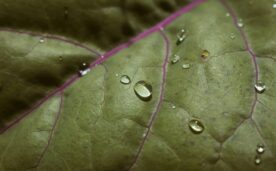
2. Farming for water
The strategic value of water in Spain is enormous, due to its relative scarcity in many regions of the country, especially during the summer season and in periods of drought. Despite being a country with a great diversity of water sources, including rivers, aquifers and reservoirs, the irregular distribution of rainfall and the...
-
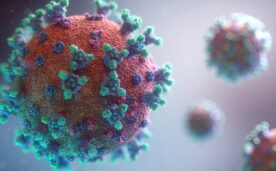
3. The resurgence of phages in healthcare
Bacteriophage viruses - or, simply, "phages" - are a technology that seems like science fiction. Discovered around the same time as penicillin as a tool to fight bacterial infections, phages fell into obscurity, overshadowed by the success of antibiotics popularised during World War II. But, decades later, these microscopic creatures...
-
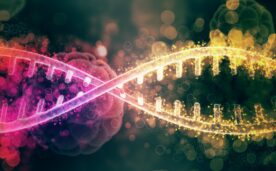
4. CRISPR leaves the lab
CRISPR gene technology is world famous. The scientists behind its development, French scientist Emmanuelle Charpentier and American Jennifer Doudna, have received prestigious awards, including the Princess of Asturias Award for Research in 2015 and the Nobel Prize in Chemistry in 2020. CRISPR makes it possible to "cut and paste" code fragments...
-
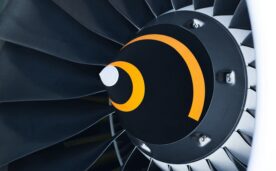
5. Towards sustainable aviation
2023 has been one of the hottest years since temperature records have been kept. Moreover, recent studies suggest that the planet is absorbing CO₂ at a slower rate, which could accelerate the consequences of the climate crisis. And the aviation industry is one of the most important factors...
-
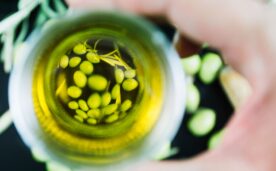
6. The biofuel era
Nature offers alternatives to oil One of the first alternatives to oil was biofuels, derived from the fermentation of sugars naturally present in plants such as corn, beetroot and sugar cane. Plants have the ability to capture carbon dioxide and water directly from
-
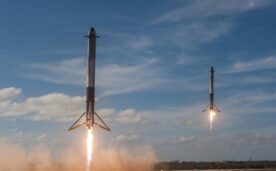
7. The catapult to the gravity-free economy
Since the dawn of the space race in the late 1950s and early 1960s, the development of systems to escape Earth's atmosphere and gravity has been one of the greatest engineering challenges. Over the years, we have seen shuttles evolve from the first space shuttles to the...
-
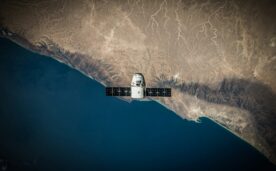
8. Under the dome of the megaconstellations
Since the origins of the solar system billions of years ago, until just a few decades ago, our planet, the Earth, has had only one satellite orbiting around it: the Moon. However, since October 1957, when the former Soviet Union launched Sputnik into space in the midst of the Cold War, the Earth's orbit has not been...
-

9. The awakening of green methanol
Methanol is the simplest alcohol. A chemical compound in the same family as ethanol, the ethyl alcohol in beer, wine and spirits, it is also colourless and has a distinctive odour, but is much more toxic. Methanol can cause blindness and, in higher doses, can be lethal to humans.....
-

10. Educating with artificial intelligence
The advent and popularisation of artificial intelligence (AI) and large language models (LLM) has transformed different sectors of our society. In fact, both in previous editions of INTEC and in previous chapters of this report, we have analysed the potential of AI to improve very different technologies....


